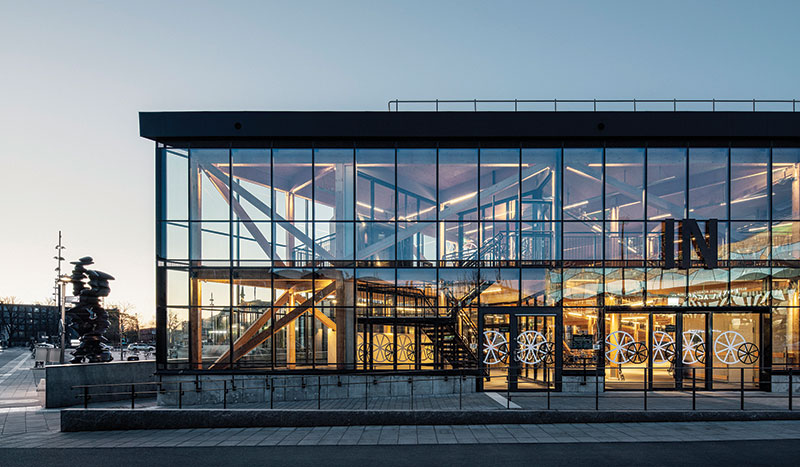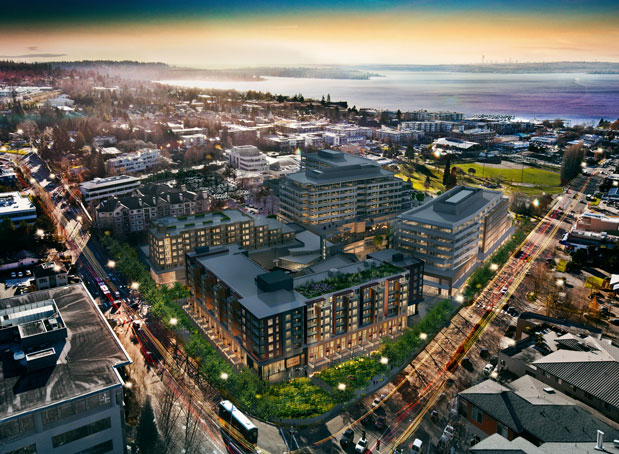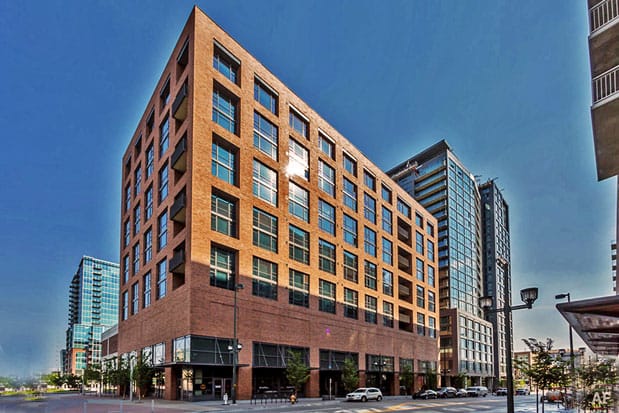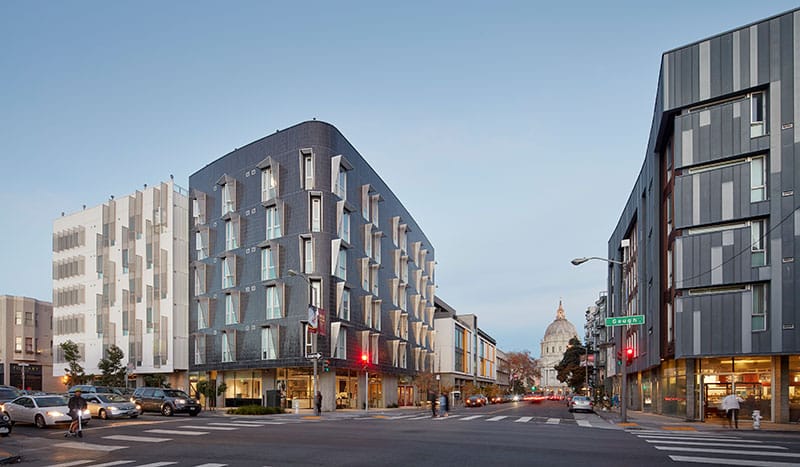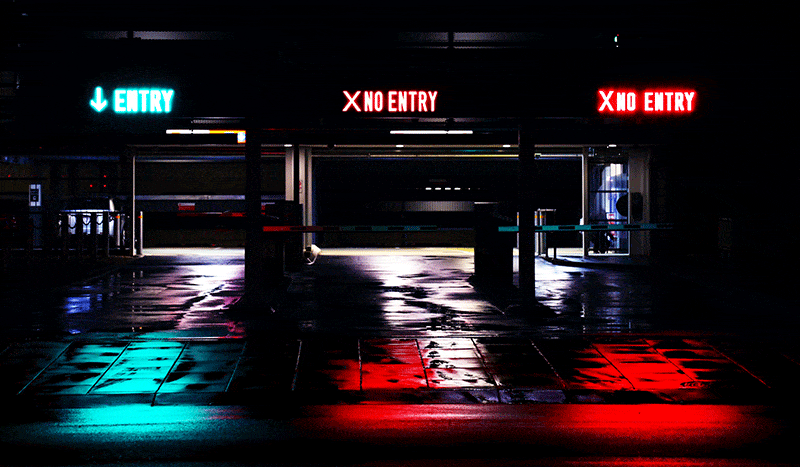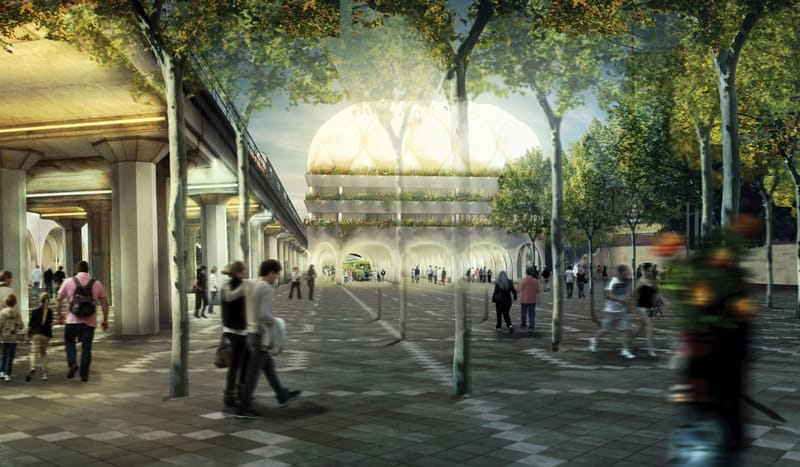- English
- 中文 (Chinese)
- Français (French)
- Deutsch (German)
- 日本語 (Japanese)
- Español (Spanish)
Understanding the Global Parking Industry


Reading List: One of the earliest municipal parking lots in the United States was built in 1922 in Los Angeles. Over the last 100 years, the global parking industry has grown to an estimated valuation of nearly $100 billion worldwide. Many older parking structures will eventually be converted to other uses, and newer facilities are often equipped with solar panels, electric-vehicle charging stations, stormwater management, or multimodal options such as bike racks or public transportation.
Technology is also allowing more cars to be stored in smaller spaces where that is cost effective. While some cities are likely overbuilt for public and private parking, the intelligent use and management of parking facilities is essential to economic growth in the 21st century.
In partnership with:
ULI has launched a first-of-its-kind central resource cataloging innovative parking policy reforms intended to promote more efficient use of land and creation of healthier neighborhoods. Though cities across the United States and beyond have long required new developments to provide a set number of off-street parking spots, research shows that these requirements can lead to an oversupply of parking.



